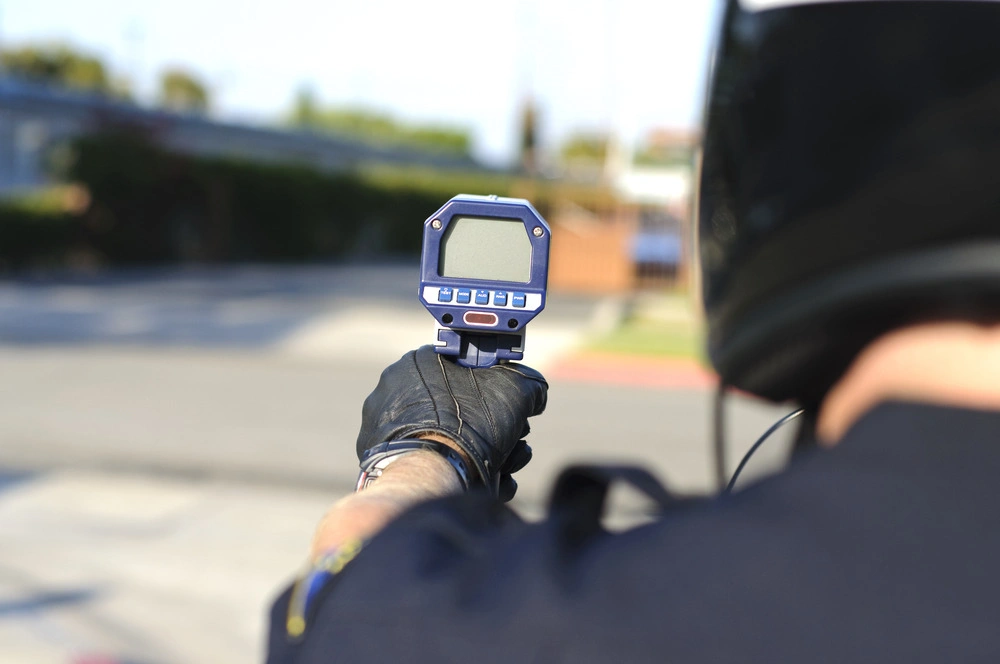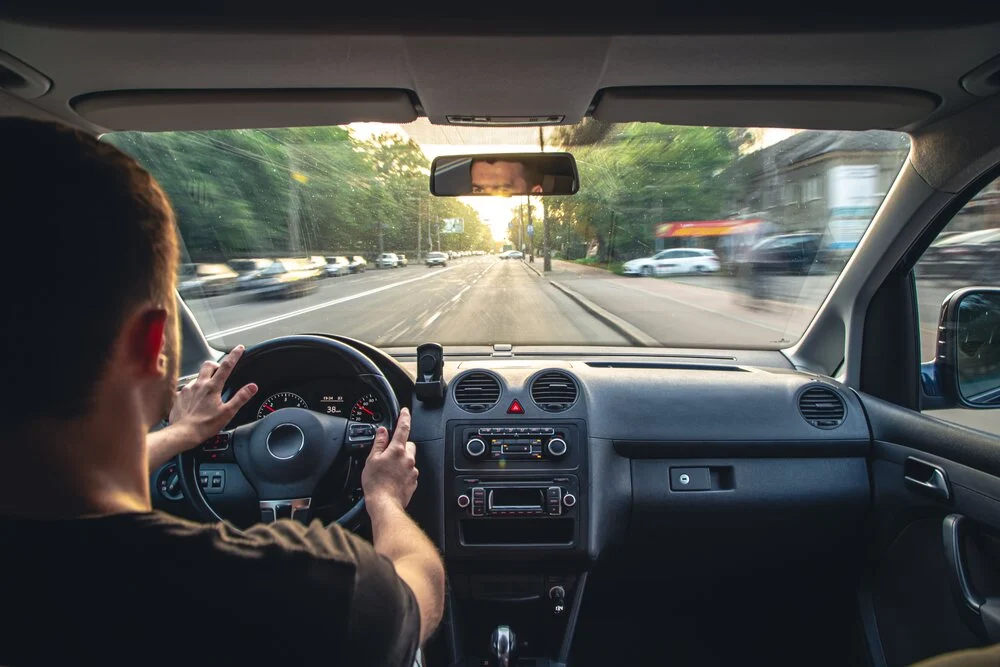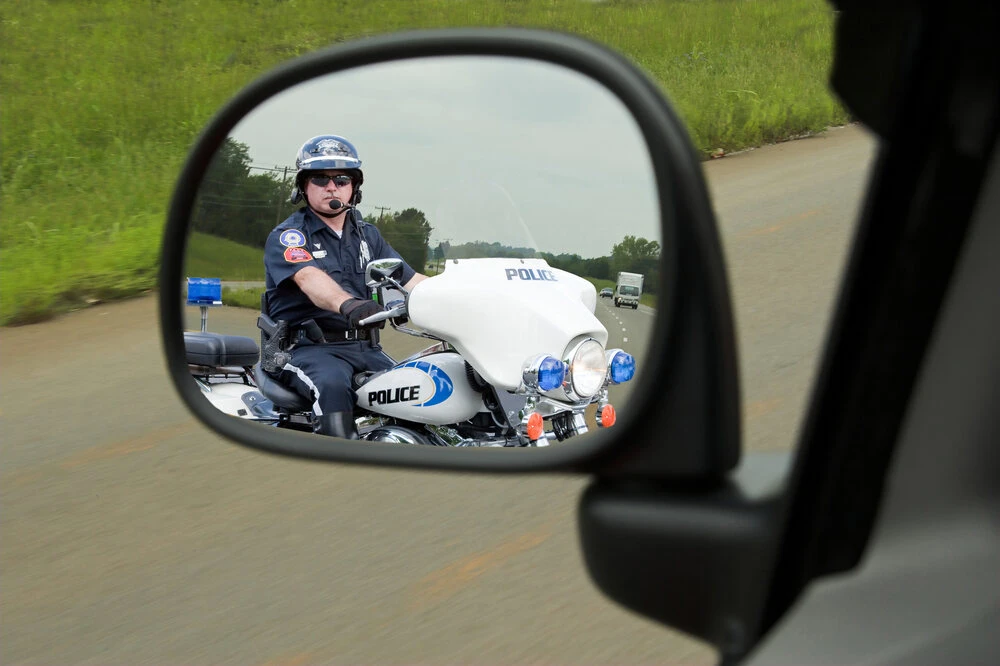Speeding Ticket
Traffic Tickets
Speeding Tickets in Southern California
Serving Banning, Blythe, San Bernardino, Palm Springs, San Diego, El Centro, Indio, Riverside, Rancho Cucamonga and surrounding areas.
California’s Basic Speed Law
Absolute Speed Limits
Presumed Speed Limits
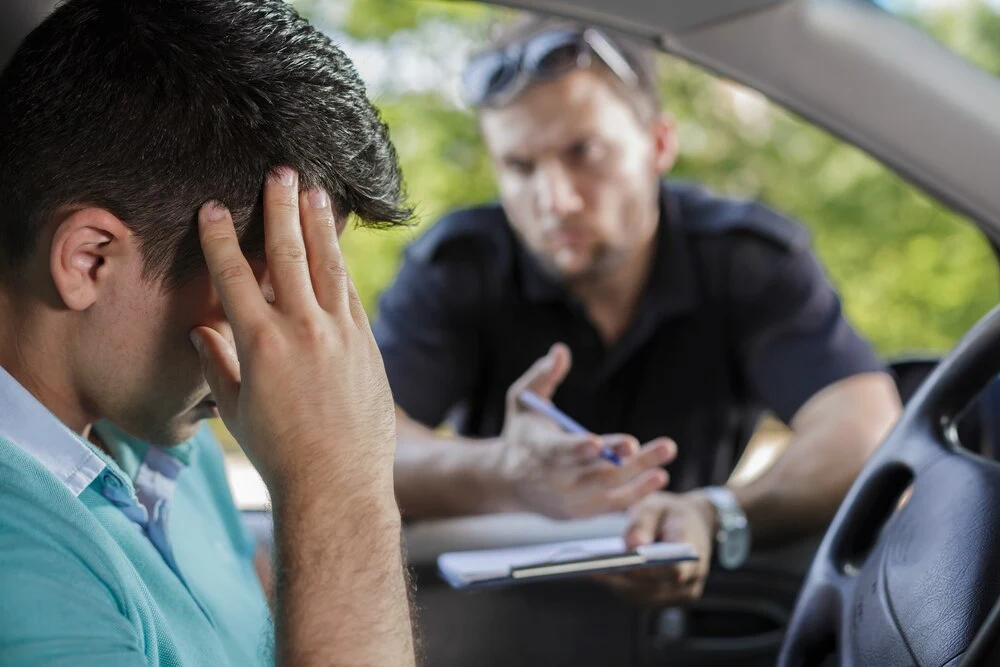
Speeding Ticket Penalties
-
$35 for driving 1 – 15 miles per hour above the speed limit.
-
$70 for driving 16 – 25 miles per hour above the speed limit.
-
$100 for driving 26 miles per hour or more above the speed limit.
-
$500 for a first-time offense of speeding over 100mph plus a potential 30-day license suspension.
-
$750 for a second offense within 3 years of the initial violation plus a potential 6-month license suspension.
-
$1,000 for a third offense within five years of the initial violation plus a potential 1-year license suspension.
-
4 points within a 12-month period
-
6 points within a 24-month period
-
8 points within a 36-month period
Your Options if You Have Received a Speeding Ticket
-
1Paying the fine and accepting the point on your driving record
-
2Paying the fine and completing traffic school
-
3Fighting the ticket in court

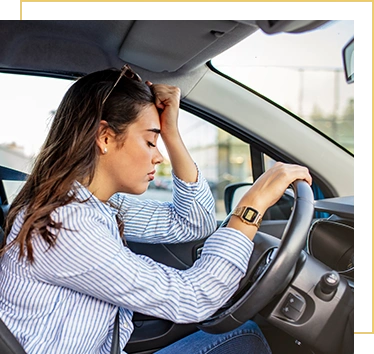
Legal Defenses Against Speeding Tickets
-
1Showing the speeding was the result of a legitimate emergency
-
2Showing the citing officer was mistaken in issuing the ticket
-
3Showing the citation resulted from illegal police practices such as a “speed trap”
If you can show there was a legitimate emergency for why you were speeding the ticket will be dismissed.
For example, a man is speeding to take his wife to the hospital because she has just gone into labor. If the man gets cited for speeding he can defeat the ticket by showing he was speeding due to a legitimate emergency.
Another way to defeat a speeding ticket is to show the officer made a mistake and you were not speeding. There are many factors that can cause radar devices to give inaccurate readings. For example, trees or other obstructions can interfere with radar devices and many devices are improperly calibrated resulting in falsely high readings. The officer may have also used the device incorrectly. An experienced defense attorney will gather evidence to show you received a speeding ticket by mistake.
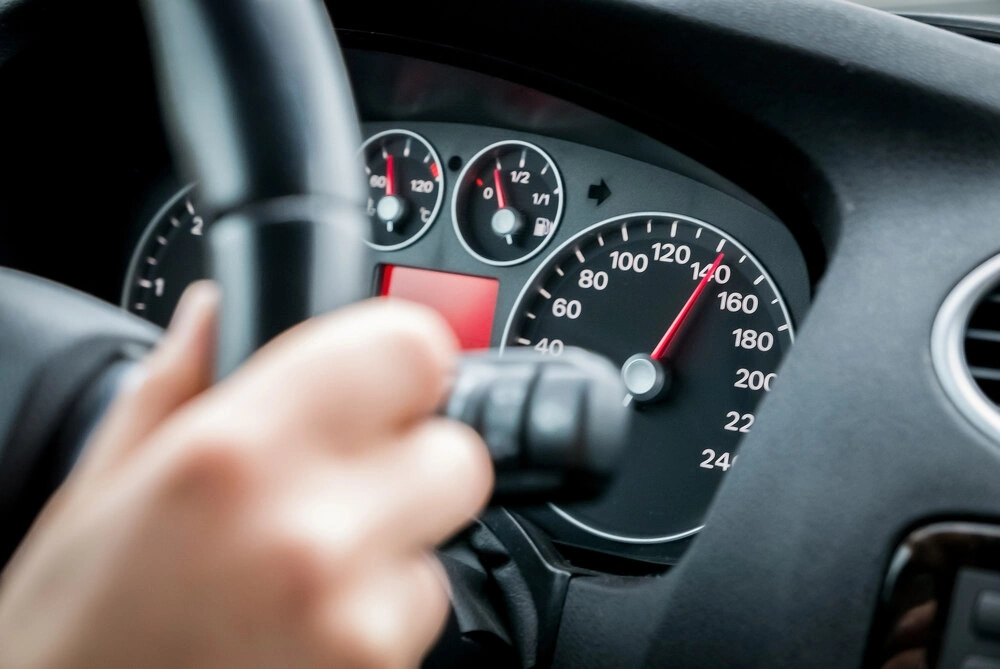
You can also defeat a speeding ticket
by showing that it was given as the result of illegal police practices such as a “speed trap.” California law makes certain law enforcement practices illegal including the use of “speed traps.” There are two types of illegal speed traps; a “marked road trap” and “unjustified speed limit traps.” A marked road trap is a section of a highway designated for measuring the speed of a vehicle by timing how long it takes to travel that distance. An unjustified speed limit trap is a section of highway that has a lower speed limit than is justified by official traffic surveys. If your ticket was the result of either of these practices it will be dismissed. However, many motorists use the term “speed trap” to describe police practices that are completely legal. For example, an officer concealing himself behind a tree while clocking the speed of oncoming traffic is not an illegal speed trap and can result in legitimate speeding tickets.




